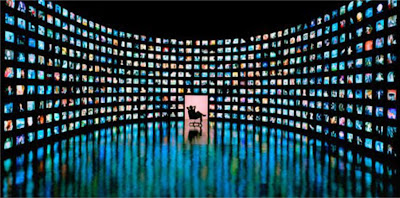 |
| courtesy: ghalegroup.com |
Oh, Hollywood. If it wasn’t for screenwriters and directors with overly active imaginations, would any of us be sitting around even considering the possibility of there one day being flying cars, trains, or buses? Even television shows such as Doctor Who have a lot to answer for in that respect.
One of the biggest problems with looking to the future is that we will, inevitably, be disappointed. When man first landed on the moon in 1969, there was talk that humans would one day live there, and that we would soon be travelling to Mars and colonising other worlds.





